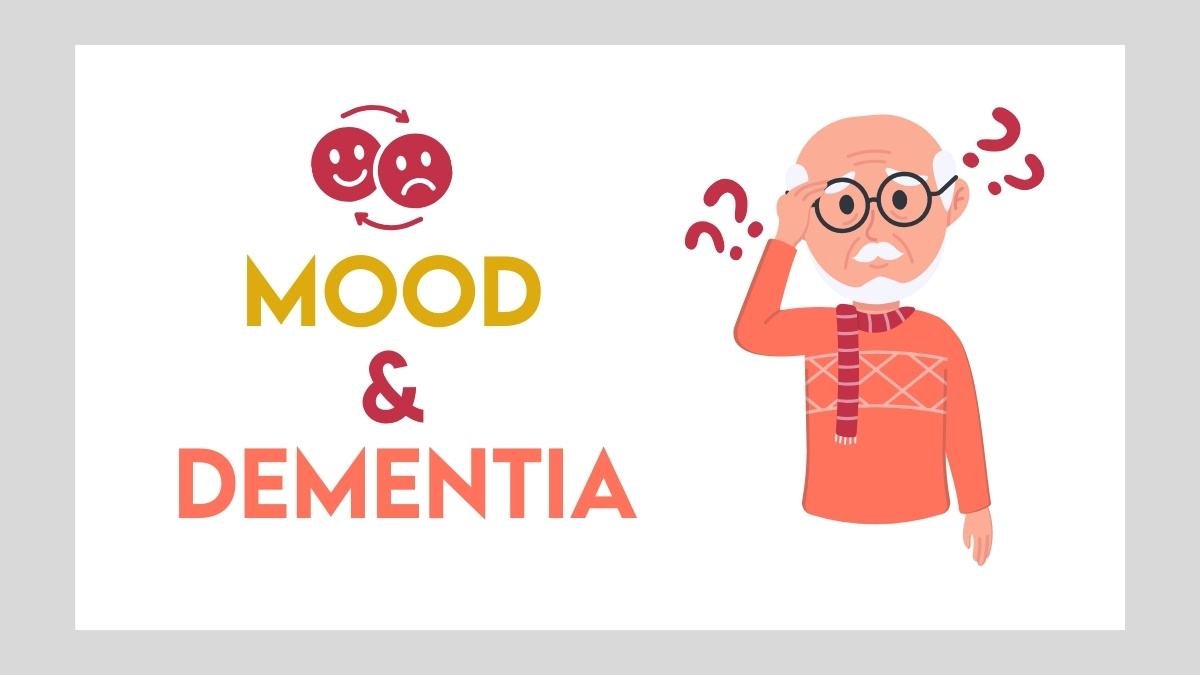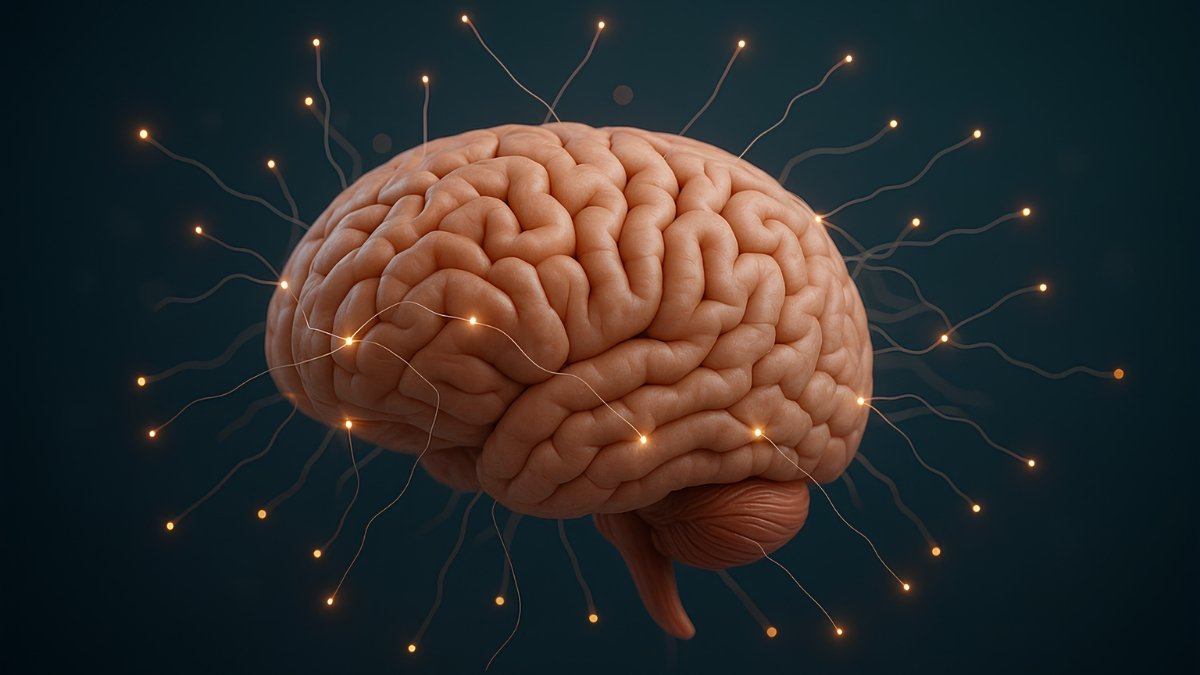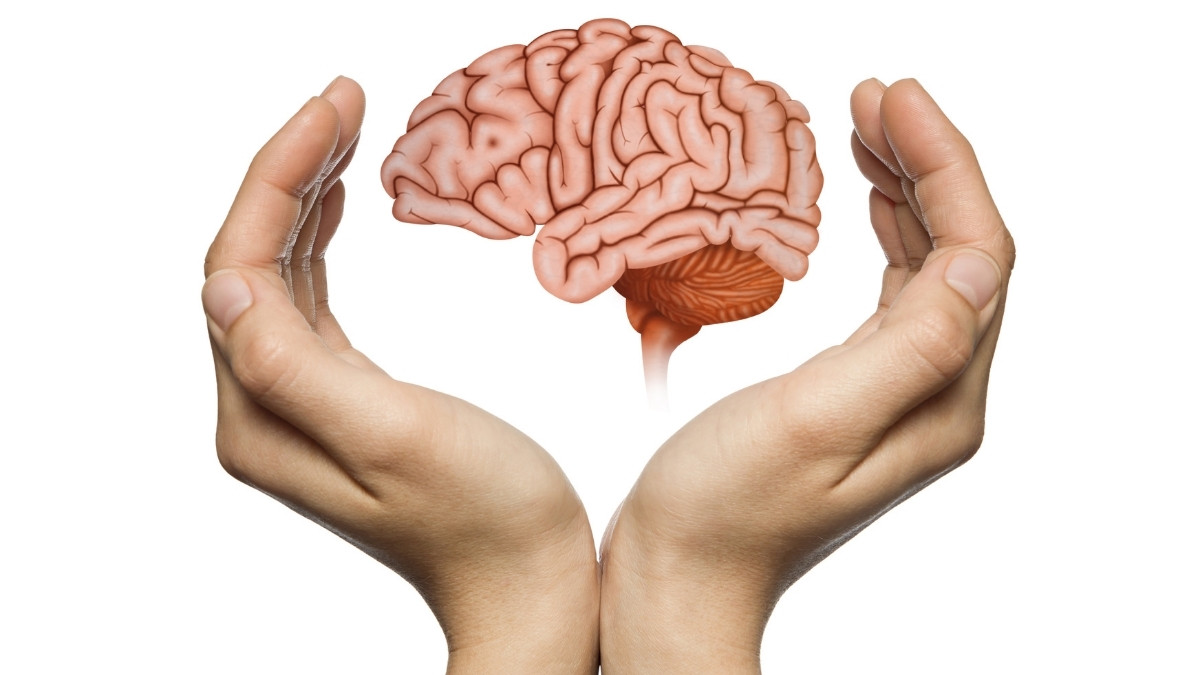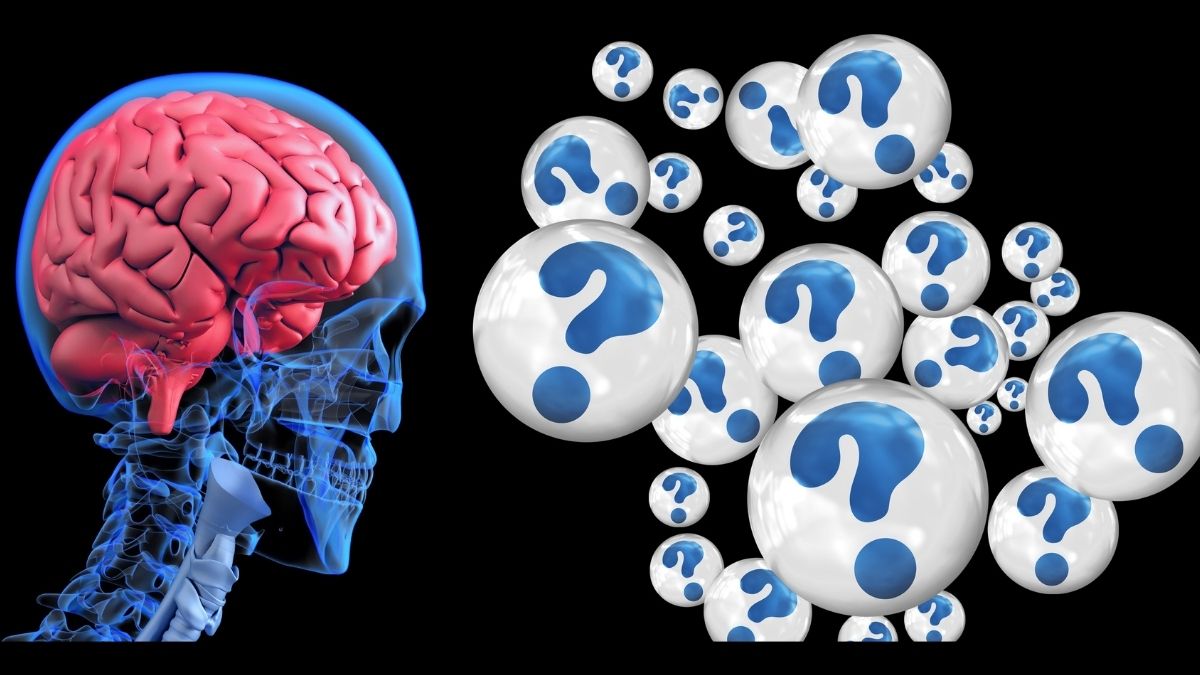Your Mood is Melting Your Brain? How Chronic Unhappiness Fuels Dementia (Your Brain Isn’t Safe)

What if the persistent sadness you’ve been brushing off could be silently rewiring your brain for dementia? Most people think feeling down for months is just part of life. They’re wrong.
Many people don’t realize that chronic negative emotions aren’t just temporary discomfort. They’re actively changing your brain structure and raising your mood and dementia risk. Every day you stay stuck in sadness, your brain pays a physical price that could last forever.
Here’s what you’ll learn in this article. You’ll discover the scientific connection between your daily mood and your long-term brain health.

You’ll see exactly how chronic unhappiness brain health problems develop at the cellular level and why some people are more vulnerable than others.
Most importantly, you’ll get proven strategies to protect your mind before it’s too late. You’ll also learn the warning signs that mean you need help right now. The link between mood and cognitive decline is real, but you can fight back when you know what to do.
Your brain’s future depends on the choices you make today.
The Science Behind Mood and Dementia Risk

Your brain pays a heavy price for chronic sadness. When you stay unhappy for months, your body floods your brain with stress hormones. These chemicals don’t just make you feel bad. They actually damage your brain tissue.
Here’s what happens inside your head. Stress hormones trigger inflammation in your brain. This inflammation attacks the hippocampus – the part that makes new memories. Studies show people with chronic stress lose 8-10% of their hippocampus volume.
The damage gets worse over time. Persistent cortisol breaks down your blood-brain barrier. This protective wall normally keeps toxins out of your brain. When it fails, harmful proteins sneak in and form amyloid plaques.

The numbers are scary. People with chronic depression have a 50% higher risk of developing dementia. Research shows their cortisol levels stay 23% higher than normal. This chronic elevation of stress hormones brain damage creates the perfect storm for depression cognitive decline.
Your brain’s chemical messengers also get thrown off balance. When serotonin and dopamine stay low for too long, your brain loses its ability to repair itself. This mental health memory loss connection explains why mood problems often come before dementia symptoms appear.
How Chronic Unhappiness Physically Changes Your Brain

Chronic unhappiness brain health problems start in your prefrontal cortex. This brain region controls your ability to plan, focus, and make decisions. When you stay sad for months, this area literally shrinks and stops working well.
Your brain’s memory network also breaks down. Scientists call it the “default mode network” – it’s active when you’re not focused on anything specific. Chronic sadness disrupts this network, making it harder for your brain to store new memories properly.
The damage happens at the cellular level too. Your brain’s immune cells, called microglia, get stuck in attack mode. They release chemicals that create inflammation throughout your brain tissue. This constant inflammation kills healthy brain cells.

MRI studies tracked people for two years and found shocking results. Those with persistent low moods lost measurable brain volume in key areas. Their brains physically shrank in regions responsible for memory and decision-making.
But here’s some hope. Research shows that treating mood disorders brain structure problems can reverse some damage. People who got effective therapy showed brain volume returning to normal levels within six months.
Your brain also stops making new blood vessels when you’re chronically unhappy. Poor blood flow means less oxygen and nutrients reach your brain cells. This creates a cycle where your brain gets weaker and weaker over time.
Beyond Depression: Other Mood States That Threaten Brain Health

Depression isn’t the only mood problem that damages your brain. Chronic anxiety keeps your brain in constant alarm mode. Brain scans of people with anxiety disorders show enlarged fear centers and smaller memory areas.
Your brain suffers when you’re always angry too. Persistent rage floods your system with inflammatory chemicals that attack brain tissue. Studies show people who learned anger management techniques had better memory test scores after just 8 weeks of practice.
Loneliness might be the worst brain threat of all. Research on elderly people found that social isolation speeds up mental health memory loss faster than any other factor. Lonely seniors show brain changes similar to Alzheimer’s patients years before symptoms appear.

Even seasonal sadness hurts your thinking skills. Winter depression often comes with vitamin D deficiency, which your brain needs to function properly. Light therapy studies show that treating seasonal mood changes also improves memory and focus within weeks.
Sleep problems from any mood disorder create a perfect storm for mood disorders cognitive decline. Poor sleep prevents your brain from clearing out toxic proteins that build up during the day.
Early Warning Signs: When Mood Changes Signal Brain Risk

You need to know when sadness becomes dangerous for your brain. Feeling hopeless for a few weeks is normal after hard times. But when that hopelessness lasts six months or longer, it signals serious mood and dementia risk.
Watch for thinking problems that show up with mood changes. You might start forgetting names, losing your keys more often, or struggling to follow conversations. These early cognitive symptoms often appear before anyone realizes there’s a problem.
Pay attention to social withdrawal patterns too. When you stop calling friends, skip family gatherings, or avoid activities you used to love, your brain suffers. Isolation speeds up mental decline and makes mood problems worse.

Sleep and eating changes are major red flags. If you’re sleeping too much or too little, or your appetite disappears for weeks, your brain isn’t getting what it needs to stay healthy.
Here’s when to get help immediately. New depression after age 65 requires urgent attention because it often signals brain changes starting. If family members say you seem different or worry about your memory, listen to them.
The biggest warning sign is when mood problems come with memory complaints. This combination raises your dementia risk more than either problem alone.
Evidence-Based Strategies to Protect Your Brain

The good news is you can fight back against chronic unhappiness brain health problems. Research shows specific actions can stop mood-related brain damage and even reverse some of it. These mood intervention cognitive protection strategies work best when you use several together.
Start with therapy that targets both mood and thinking skills. Cognitive behavioral therapy (CBT) teaches you to change negative thought patterns that damage your brain. Mindfulness meditation works even faster – 8-week programs show measurable brain improvements on MRI scans.
Exercise is your brain’s best friend. You need 150 minutes of moderate activity each week to get the brain-protective benefits. Walking, swimming, or cycling all count. The key is getting your heart rate up enough to boost blood flow to your brain.

Change what you eat to fight brain inflammation. The Mediterranean diet cuts dementia risk by 30% because it’s packed with anti-inflammatory foods. Focus on fish, olive oil, nuts, and colorful vegetables. Cut back on processed foods that fuel brain inflammation.
Don’t ignore your social connections. Volunteering just 2 hours per week provides the same brain protection as regular exercise. Join clubs, call friends, or help neighbors. Your brain needs social interaction to stay sharp.
Fix your sleep to protect both mood and memory. Poor sleep prevents your brain from clearing out toxic proteins that build up during the day.
When to Seek Professional Help

Don’t wait if mood problems last more than two months or come with memory concerns. Your doctor can run tests to check both your mood and thinking skills. Early professional mood treatment prevents depression cognitive decline from getting worse.
Ask for a full cognitive assessment if you’re over 65 with new mood problems. Neuropsychological testing can spot early brain changes that you might miss. Many hospitals now offer integrated care that treats both mood and memory issues together.

Medication can help both problems at once. Some antidepressants also protect brain cells and improve memory. Your doctor will monitor how treatment affects both your mood and your thinking skills over time.
Look for geriatric psychiatry specialists if you’re older. They know how mood and brain health connect as we age. Some areas offer clinical trials testing new treatments that target both depression and cognitive decline together.
Get help immediately if family members notice personality changes or if you feel confused along with being sad.
Lastly:

Your mood and brain health work together every single day. When one suffers, the other follows. But this connection also means that protecting your mood protects your brain from dementia risk.
The science is clear – early action can stop irreversible brain damage before it starts. You don’t need to do everything at once. Pick one strategy from this article and try it for a week.
Whether it’s a 20-minute walk, calling an old friend, or fixing your sleep schedule, small steps add up. These brain health protection strategies work best when you combine them with professional help when needed.

Your brain is counting on you to act now. The mood and dementia risk connection means waiting isn’t an option. Start your brain-protective mood care today – choose one strategy from this article and implement it this week.
Remember, taking care of your mental health isn’t just about feeling better today. It’s about keeping your mind sharp for years to come.






